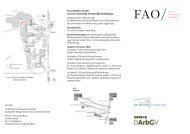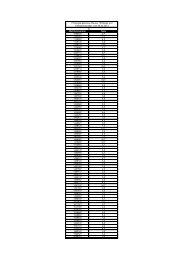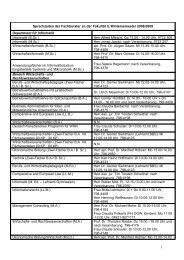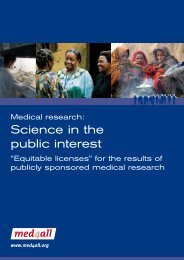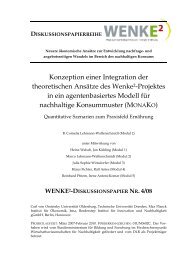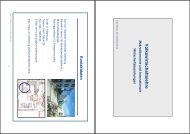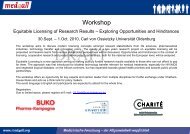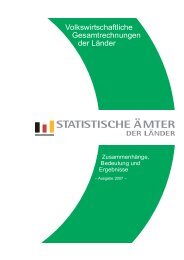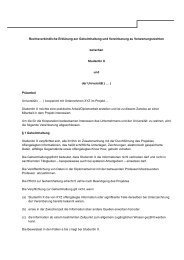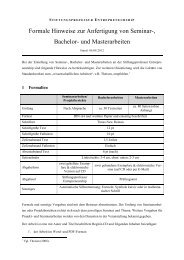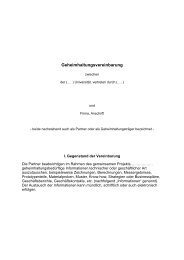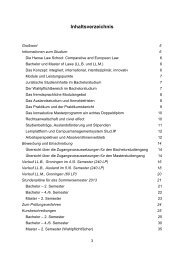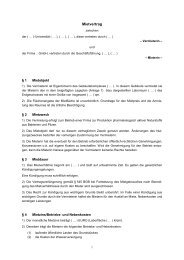Pro-Environmental Behavior and Rational Consumer Choice
Pro-Environmental Behavior and Rational Consumer Choice
Pro-Environmental Behavior and Rational Consumer Choice
Create successful ePaper yourself
Turn your PDF publications into a flip-book with our unique Google optimized e-Paper software.
<strong>Pro</strong>-<strong>Environmental</strong> <strong>Behavior</strong> <strong>and</strong> <strong>Rational</strong> <strong>Consumer</strong> <strong>Choice</strong> 22<br />
The interaction with materialism is insignificant in this case. <strong>Choice</strong> distortions with<br />
respect to water conservation thus affect materialists <strong>and</strong> non-materialists alike. Different<br />
weights placed on the level of consumption do not appear to have an effect on the choice<br />
with respect to water conservation.<br />
In addition to the materialism proxy mentioned above, we checked these results using<br />
another indicator which takes the value 1 if “a good income” is considered the most<br />
important feature of a job vis a vis several alternatives (“a safe job with no risk”, “working<br />
with people you like”, “doing an important job” <strong>and</strong> “do something for community”). This<br />
attitude indicator is also negatively associated with life satisfaction (as is Materialism) <strong>and</strong><br />
its interaction with green products has a positive (though insignificant) coefficient.<br />
4.4 Distorted <strong>Choice</strong> <strong>and</strong> Cognitive Conditions<br />
The accuracy of affective forecasting may depend on cognitive conditions such as general<br />
education or familiarity with the choices under consideration. To address this issue, we<br />
consider life satisfaction regressions which include interactions of pro-environmental<br />
behaviors with measures of education levels <strong>and</strong> of familiarity with pro-environmental<br />
behavior.<br />
Table 4 presents the results with respect to levels of general education. The coefficient<br />
values shown in the line ‘behavior’ refer to the reference group of people with no formal<br />
education, whereas the coefficients in the lines containing the interactions measure<br />
differences from that reference group. For all three behaviors, the coefficients for the<br />
reference group are considerably larger than in the counterpart regressions from Table 2.<br />
People without formal education are thus particularly liable to committing mistakes in their<br />
environmentally relevant choices. The coefficients on the behavior-education interactions<br />
are always negative, which means that the mistakes are smaller in better educated people.<br />
Having secondary education reduces mistakes significantly <strong>and</strong> to a considerable extent.<br />
Having university education reduces the mistakes even further. In the case of green<br />
products, mistakes are 80 percent smaller in people with university education relative to<br />
the reference group.



